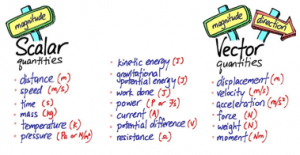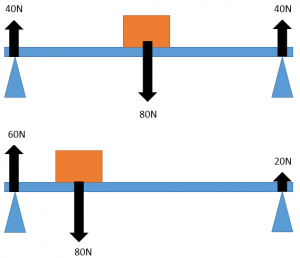Oxidation
- Oxidation is the loss of electrons. For example a sodium atom (Na) loses an electron to become a sodium ion (Na⁺). Another example is a chloride ion (Cl⁻) losing an electron to become a chlorine atom (Cl).
- Another definition of oxidation is the gain of oxygen. For example if carbon combines with oxygen to form carbon dioxide, the carbon is being oxidised.
Reduction
- Reduction is the gain of electrons. For example a sodium ion (Na⁺) gains an electron to become a sodium atom (Na). Another example is a chlorine atom (Cl) gaining an electron to become a chloride ion (Cl⁻).
- Another definition of reduction is the loss of oxygen. For example when aluminium oxide is broken down to produce aluminium and oxygen, the aluminium is being reduced.
Redox: A reaction involving oxidation and reduction.
A good way to remember the definitions of oxidation and reduction in terms of electrons is:
- OILRIG : Oxidation Is the Loss of electrons and Reduction Is the Gain of electrons
Oxidising agent: A substance that gives oxygen or removes electrons (it is itself reduced).
Reducing agent: A substance that takes oxygen or gives electrons (it is itself oxidised).

